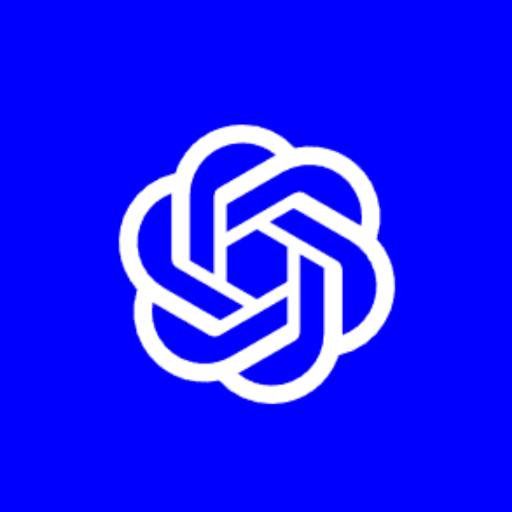OpenAI Codex

In the world of AI and programming, OpenAI Codex stands out as a formidable advancement, built on the shoulders of its predecessor, GPT-3. It's an artificial intelligence system crafted to interpret natural language and convert it into executable code, introduced as an enhancement to the capabilities found in GPT-3. Released in a private beta through OpenAI's API, Codex has been designed to bolster the bridge between human linguistic instructions and machine-executable commands.
OpenAI Codex boasts a lineage from GPT-3, containing a rich set of training data that includes natural language and billions of lines of source code, primarily from public repositories on GitHub. It's particularly adept with Python, but also supports a variety of other programming languages like JavaScript, Go, Perl, PHP, Ruby, Swift, TypeScript, and Shell. With a larger memory capacity for Python code than GPT-3, Codex can understand and process a more extensive context, which significantly enhances its coding assistance capabilities.
The primary aim of OpenAI Codex is to remove the tedium and complexity from coding, particularly the parts that involve mapping problems to existing code bases such as libraries, APIs, or functions. It's pitched as a general-purpose programming model, suitable for a range of coding tasks, including transpilation, code explanation, and refactoring. The AI's versatility makes it an excellent tool for programmers at various skill levels, from novices to experts, providing a solid platform for experimentation and development.
As part of its launch, OpenAI Codex was initially offered for free during its beta phase, reflecting OpenAI's commitment to safe and responsible AI scaling. The organization emphasizes incremental growth, close cooperation with developers, and a keen focus on understanding the impacts of their technology.
In summary, OpenAI Codex is a breakthrough AI tool for developers, simplifying the translation of natural language into code, enabling the creation of more intuitive programming interfaces, and facilitating a more interactive relationship between humans and machines.
